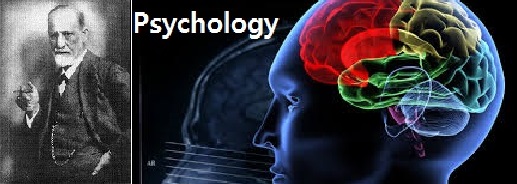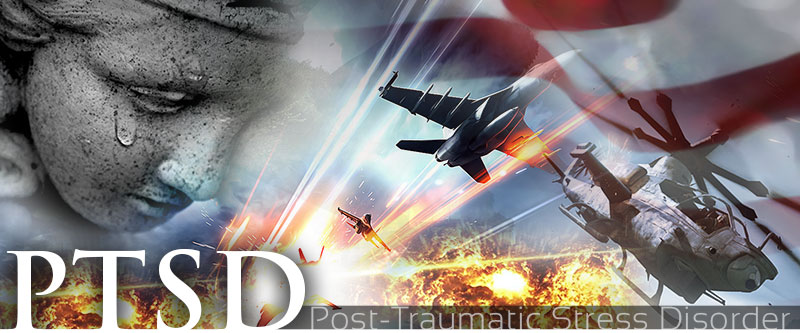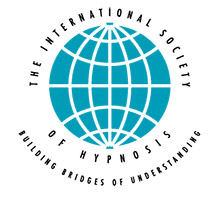
Anger is a negative feeling which often happens when a person thinks that someone or something has done something wrong, bad or which puts them in danger, and they want to stop the risk, or punish the person for what they have done. Anger may be the brain's reaction if it thinks there may be pain - as part of the fight or flight decision (whether to attack or run away). When someone is angry, anger becomes the feeling that has the biggest effect on what they do, once a person makes the choice to do something without waiting, to stop something which they think is a threat which puts them in danger.
People show anger to others by their face, what they do with their body, not trying to understand or help other people's problems, and sometimes acts of aggression or force in public (e.g. punching a wall). Animals and humans might try to intimidate - for example they could make loud sounds, try to make their bodies look bigger, bare (show) their teeth, or stare.
Anger is a way to behave which is designed to make something showing aggression ("aggressors") stop its threatening behavior. Usually a fight will only happen after at least one of the people or animals fighting has shown anger. Most people who become angry explain that it happened as a result of "what has happened to them", though it makes the angry person less aware of themselves (and so less able to monitor or control themselves) and they tend to see the situation from their own viewpoint.
Being angry changes the human body by making the heart beat faster, increasing blood pressure (the pressure made by the blood at right angles of the walls of blood vessels) and increasing amounts of the hormones adrenaline and noradrenaline (chemicals which send messages to parts of the body to make changes).
Does anger and rage control your life? Do you feel out of control and helpless?
Ask yourself, do you want to talk about it?
Thank you for taking the time to visit our site. You have taken the first step to understanding, controlling, and solving your anger issues.
Life tends to shine a light on our problems. With this light, we start to question ourselves about solving our problems. Anger, all by itself, will cause all of our other problems to be much worse. The reason that anger makes our problems much worse, is in how we handle the problems at hand. A person can not ever expect to achieve a good life by yelling and screaming. Most problems can be fixed with a little time and patience, but stop and think, how many problems have you fixed while being angry, yelling, and screaming? I know what you are thinking, yes here is one, and here is another. No, I asked how many while you were yelling, angry, and screaming, not after you were too tired to fight, and decided to compromise.
Here we offer a positive approach to resolving your anger issues. Many individual can't do this all by themselves, this is where therapy can help an individual obtain their goals. By taking responsibility for your actions you'll find life much more fulfilling. If you want to be in control of your life and not let your anger control you: you must be willing to take the steps necessary to accomplish controlling your anger. Don't get me wrong it will not be easy, but it can be done.
Ask yourself: How would the quality of life improve for my family and myself,
if I could just control my anger?
Please take a little time to contemplate this question and I believe you can answer the question for yourself.
We are prepared to tackle that question with you. First by helping you identify actions and habits that facilitate your anger, There are 15 behaviors that are common to most angry individuals that must stop. Then, we work with the individual issues that you encounter on a day-to-day basis and help you isolate personal frustrations in order to control your anger and stop raging.
What is Anger?
The Nature of Anger:
Anger is an emotional state that varies in intensity from mild irritation to intense fury and rage. Like other emotions, it is accompanied by physiological and biological changes; when you get angry, your heart rate and blood pressure go up, as do the levels of your energy hormones, adrenaline, and noradrenaline.
Anger can be caused by both external and internal events. You could be angry at a specific person (such as a spouse or supervisor) or event (a traffic jam, a cancelled flight), or your anger could be caused by worrying or obsessing about your personal problems, memories of traumatic abuse, or enraging events, can also trigger angry feelings.
Welcome Rageoholics
The Results of Anger?
Anger is a debilitating emotion that causes rage, which can result in verbal abuse, and physical abuse by the person expressing the anger or rage. Anger is crippling to one's life, destroying everything in its path. Here are just a few things that anger prevent you from doing:
Anger prevents you from dealing with the source of the problem. It keeps you from correcting distortions in your thinking. It keeps you helpless by stopping problem-solving. It keeps you from processing and releasing painful emotions. It sours relationships. It causes the people that you are close to push further away. Anger increases the overall pain you experience and clouds your judgement.
Anger is a secondary emotion. Meaning that another emotion caused the anger, such as hurt, disappointment, sadness, and sometimes-even happiness. This secondary emotion, anger, is very powerful, destroying everything that is touches. Though people live with this painful secondary emotion everyday, it is not easy, and many lost opportunities to truly be happy lay behind you in your past.




































